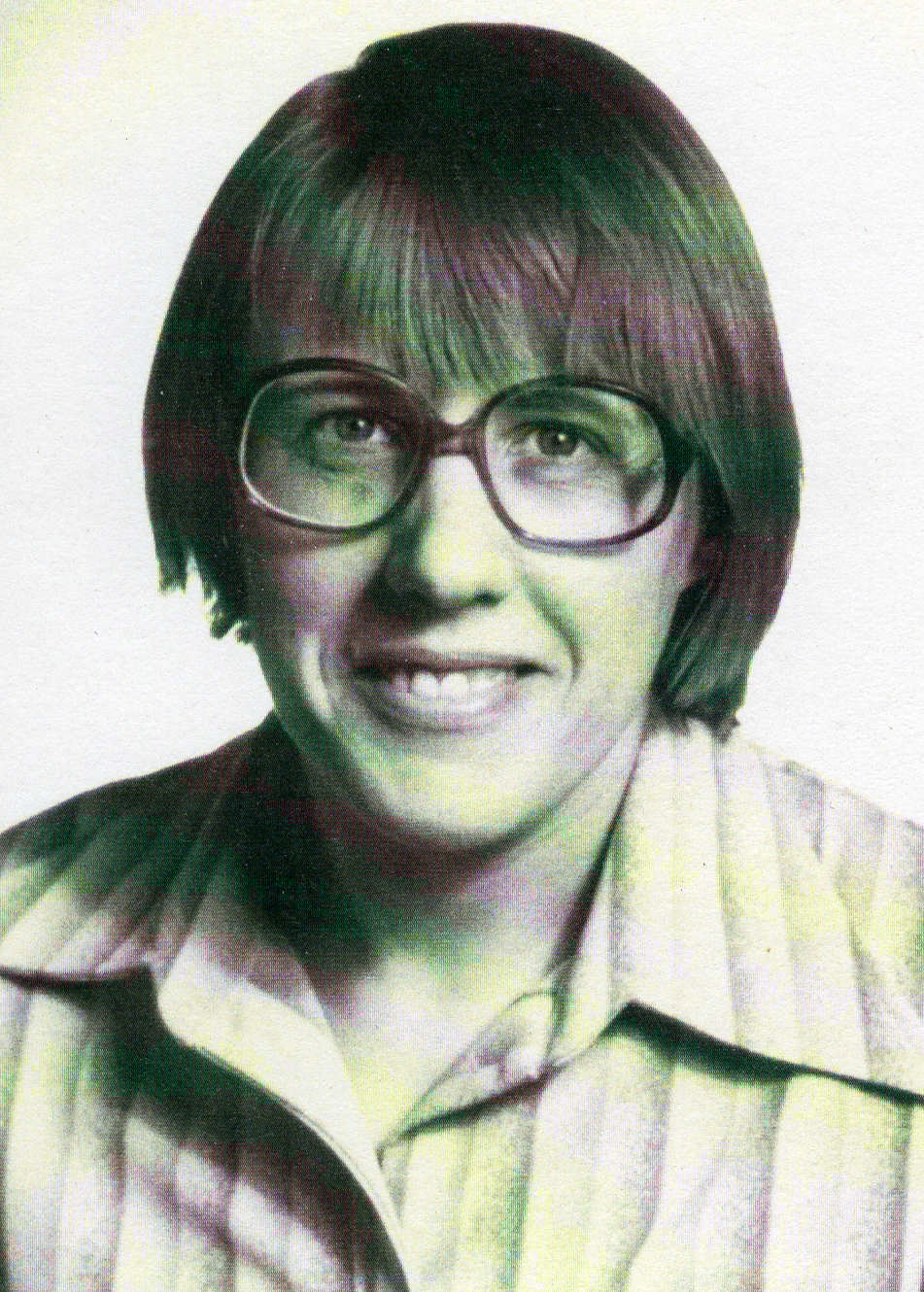
Ilona Laaman
Ilona Laaman (given name Ilona Anna Laaman, pseudonym Lendav Madu – ‘Flying Serpent’ -, 10. II 1934 – 26. VI 2017) was an Estonian poet, prose writer and translator who lived in Sweden.
Born in Tallinn, Ilona Laaman was a scion of the clan of Laamans, Poskas, Grünthals and Arders – intellectuals, writers, artists and politicians. Her father was a the public figure and commentator Eduard Laaman, who was arrested and killed in 1941; her mother was Tatjana, daughter of Jaan Poska, one of the signatories of the Tartu Peace Treaty. Her parentage and intellectual background, her escape from her homeland with her mother at the age of ten, and her alert attention to the world and people around her, turned Ilona Laaman into a gifted wielder of words, one of the youngest poets in exile to remain true to the Estonian language. Ilona Laaman attended primary school in Sweden and gained her secondary education at the French school in Stockholm, studied public administration at the University of Uppsala, and took her final examinations in French, Russian and Estonian philology. In 1983 she obtained her master’s degree in Philology. For seven years she worked as a nursing sister at a care home for the mentally handicapped at Ulleråker, near Uppsala. Her permanent residence in exile was at Uppsala.
Ilona Laaman made her debut in 1959 in the journal Mana with short stories; her first poetry collection Mis need sipelgad ka ära ei ole (‘Those Ants Are No Big Deal’) appeared in 1970.
In her second collection, Süda vaatab kiikriga (‘The Heart Looks Through a Spyglass’, 1974), the author arrives at one of the central themes of her lyrics, falling in love. The next collections, Üsna kerge haigus (‘Quite a Light Illness’, 1980) and Nii on see inimeseks olemine (‘That’s’ What It’s Like to be Human’, 1984) a mosaic of human life is formed as an album of intellectual images. In Laaman’s often ironical poems there are protests against prevailing norms. Her scepticism about religion is also frequently evident.
Of the works of Ilona Laaman, who has won several cultural prizes in exile, a substantial selection, Mõttekriips (‘Dash’, 1994), fragments of autobiography, Vesi ahjus (‘Deep Trouble’, 1997), and a poetry collection, Mulle ei meeldinud su nimi… (‘I Didn’t Like Your Name…’, 1999) have been published in Estonia. In 2003 the Ilmamaa publishing house brought out Laaman’s poetry collection Maakulgur on maandunud (‘The Terrestrial Rover Has Landed’), illustrated with Ilmar Malin’s pencil drawings. The thin and thematically complete book of verse was inspired by late love and the pain of loss, and it bears a human pathos.
Ilona Laaman translated fiction from Estonian into Swedish, among others the works of Valev Uibopuu. She belonged to the Estonian Writers’ Union Abroad. Her works have appeared through Estonian exile publishing houses in Canada (Toronto), the United States and Sweden. Her poetry has been translated into Italian, Swedish, Latvian, Russian and English.
In 2003 Ilona Laaman was awarded the Order of the White Star, V class.
L. P. (Translated by C. M.)
Books in Estonian
Poetry
Mis need sipelgad ka ära ei ole. Alexandria (Virginia): Mana, 1970. 51 lk.
Süda vaatab kiikriga: teine kogu luuletusi. Lund: Eesti Kirjanike Kooperatiiv, 1974. 80 lk.
Üks üsna kerge haigus. Toronto: Maarjamaa, 1980. 86 lk.
Nii on see inimeseks olemine. Stockholm: Välis-Eesti&EMP, 1984. 81 lk.
Mõttekriips. Tallinn: Eesti Raamat, 1994. 191 lk.
Mulle ei meeldinud su nimi… Tallinn: Huma, 1999. 43 lk.
Maakulgur on maandunud. Tartu: Ilmamaa, 2003. 23 lk.
Autobiography
Vesi ahjus ehk Elu kommentaaridega. Tallinn: Perioodika, 1997. 176 lk.



